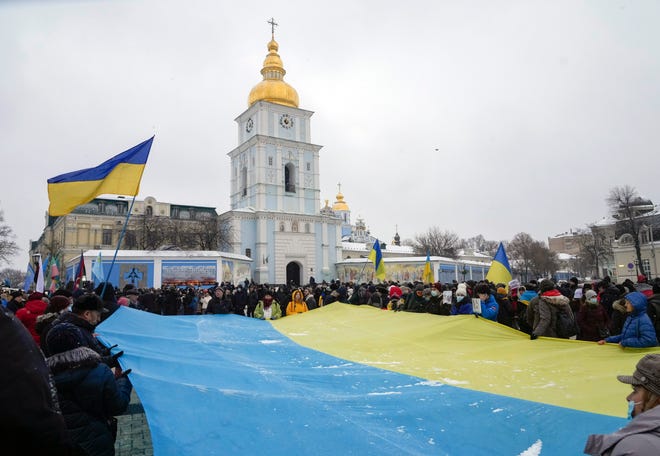
This article is more than
4 year old
WASHINGTON – With the fate of Ukraine and potentially broader post-Cold War European stability at stake, the United States and Russia are holding strategic talks that could shape the future of not only their relationship but the U.S. relationship with its NATO allies. Prospects are bleak.
Though the immediacy of the threat of a Russian invasion of Ukraine will top the agenda of high-level meetings that get underway Monday, there is a litany of festering but largely unrelated disputes, ranging from arms control to cybercrime and diplomatic issues, for Washington and Moscow to overcome if tensions are to ease. The deployment of Russian troops to Kazakhstan may cast a shadow over the exercise.
Both sides warned of the dire consequences of failure, positioning themselves for a flurry of activity in Europe this week. The wide divergence in their opening positions bodes ill for any type of speedy resolution, and levels of distrust are higher than at any other point since the collapse of the Soviet Union.

"I don't think we're going to see any breakthroughs in the coming week," Secretary of State Antony Blinken said on CNN's "State of the Union." He said a more likely positive outcome would be an agreement to de-escalate tensions in the short term and return to talks at an appropriate time.
Blinken said any moves by the United States, NATO and Europe "must be reciprocal" and the West would not agree to any unilateral concessions.
Read More (...)